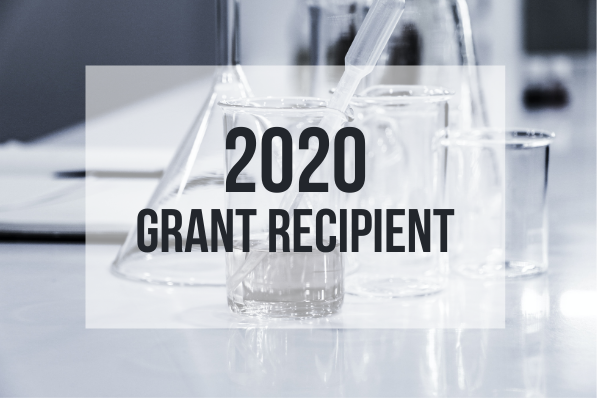
William Kelton
Abstract
Monoclonal antibodies have made excellent drugs in the fight against cancer and infectious disease. Yet cancer remains the leading cause of death in New Zealand, with poorer outcomes for Māori than non-Māori. Precision medicine has been suggested as an avenue to reduce disparities, but necessitates the discovery of more targeted therapeutic options. This project seeks to explore the enhancement of naturally occurring IgA antibodies through cutting edge protein engineering techniques to create a new class of antibody drugs for therapeutic use against cancer. Antibodies of this subclass are specially evolved to recruit neutrophils for potent cytotoxic function and have privileged access to mucosal sites. The goal is to extend these special
properties to create new monoclonal antibody scaffolds with precisely defined immune function. As therapeutics, antibodies mediate function via variable domains that bind antigens on target cell surfaces with high specificity and affinity. Following antigen binding, the heavy chain of the antibody directs immune cells to kill the target cell by engaging immune cell surface receptors. We propose to use protein engineering to augment native IgA heavy chain interaction with immune cell surface receptors to drive more potent cytotoxic function. Such antibodies are not restricted to single cancer indications as exchange of the variable domains enables the targeting of different antigens on the tumour surface. This strategy has been widely adopted for IgG antibody subclasses with impressive clinical success, but has not yet been widely explored for IgA. Modern protein engineering technologies now allow unprecedented control over the manipulation of antibody sequences. This enables the facile creation of large numbers of engineered IgA variants that can be screened in high-throughput systems for better binding to the cellular receptors that drive cytotoxic function. Development of enhanced IgA antibodies will provide a deeper understanding of IgA function and further options for future monoclonal antibody therapy.
Outcome Statement
This research has a direct goal of generating IgA antibodies with enhanced immune function for use as therapeutic molecules in cancer treatments. Due to the modular nature of antibody structure, augmented IgA heavy chains could be used to target multiple different cancer types if the antigen binding variable domain is exchanged. Current preclinical evidence suggests unmodified IgA backbones have promise in the treatment of colorectal and breast cancers. While cancer is a clear unmet need for antibody therapy, further tailoring the antigen binding domain to specific pathogens could have additional application in viral and bacterial infectious disease. Long-term, this research will enable fundamental studies into IgA function by allowing highly selective engagement of individual cell surface receptors.
Would you like to support the work of the Foundation?
Contact us for more information, or simply make a donation.


